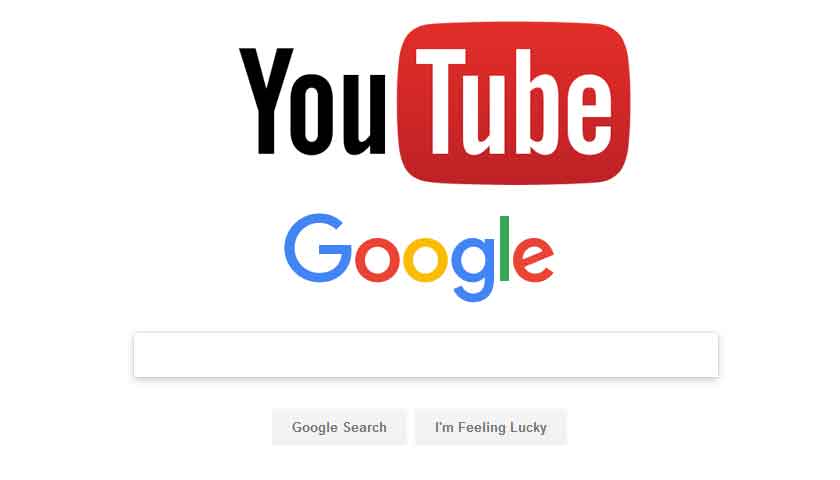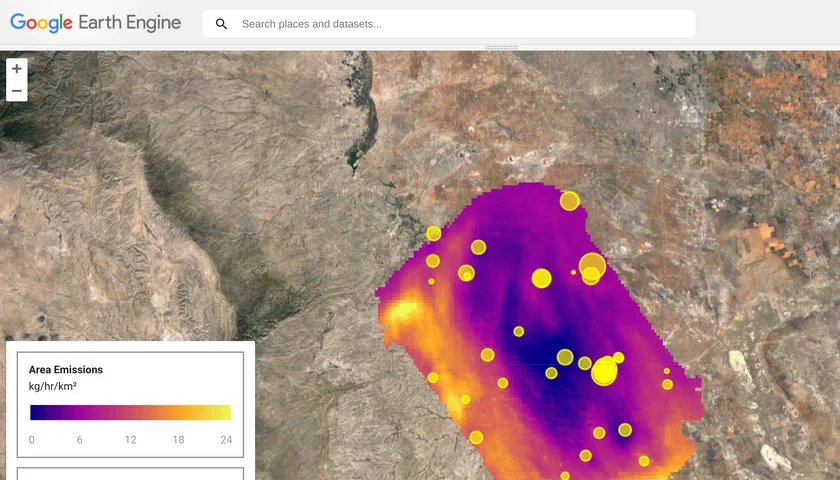The UK Government, Transport for London, the Financial Conduct Authority, The Guardian, Channel 4, L’Oréal and the Havas group are just some of the companies who have paused their advertising with Google and Youtube following revelations that their ads are appearing alongside extremist videos.
An investigation by The Times dscovered ads from leading firms have been shown on the youtube pages of people such as David Duke, former leader of the Klu Klux Klan, and pastor Steven Anderson, who praised the killing of 49 people in a gay nightclub. Ads appearing alongside YouTube videos earn the owner of the youtube channel money, this means that racists, holocaust deniers and rape apologists with large Youtube followings have received payouts from Google for YouTube commercials. In this case it is stated that ads for branches of the British Government, paid for by UK taxpayers, were appearing alongside some very questionable content including Isis propaganda videos.
Late last week Google were asked to explain why tax payer funded Government adverts were placed on “inappropriate and hate-filled sites”.
In a letter to Google’s Communications Vice President Peter Barron, The Home Affairs Select Committee chairwoman Yvette Cooper said: “Government advertisements and major brands advertising is still being placed on inappropriate and hate-filled sites.
“As a result Google and these organisations are still profiting from hatred.
“In addition to explaining to the Government and to your advertisers how this has happened and what you are doing to prevent it ever happening again, please can you provide the Committee with a full explanation of this, including whether you will be refunding money to the Government and other advertisers.”
Havas, the world’s sixth-largest advertising and marketing company, pulled its UK clients’ ads from Google and YouTube on Friday, as a temporary measure, after failing to get assurances from Google that the ads wouldn’t appear next to offensive material.
“Our position will remain until we are confident in the YouTube platform and Google Display Network’s ability to deliver the standards we and our clients expect,” said Paul Frampton, chief executive officer for Havas Media Group UK.
It's our duty of care to our @Havas_MGUK clients to ensure their brands are not at all compromised in inappropriate inventory. https://t.co/VtVkjJwy8p
— Paul Frampton Calero (@Paul_Framp) March 17, 2017
Mr Frampton later reiterated that this was a pause rather than a complete removal of ads and they were working with Google to try to solve the issues:
To be clear, @Havas_MGUK has 'paused' only YT & GDN activity & is working closely with Google to find a solution before un-pausing ad spend.
— Paul Frampton Calero (@Paul_Framp) March 17, 2017
The primary issue appears to be related to the use of AdX, Google’s DoubleClick Ad Exchange Service which utlises programmatic trading. Programmatic trading automates the process of buying and selling advertising spaces online. Over the past few years it has become one of the prmary ways of buyng advertising online but is increasingly controversial, the assertion is that the lack of human checks can hurt media revenues and inadvertently support extremist material.
Companes which started with a tech background such as Facebook and Google have historically tred to rid themselves of responsibility for the nature of their hosted user content by stating they are not media companies so are not regulated in the way that newspapers, for example might be. The excuse that they are tech companies who host means that they are not held as accountable .
Sir Martin Sorrell, head of global ad agency WPP – who spent $5billion with Google last year, told news site Business Insider:
“We have always said Google, Facebook and others are media companies have the same responsibilities as any other media company,” Mr Sorrell said.
“They cannot masquerade as technology companies, particularly when they place advertisements.”
Google have taken this seriously and are aware that brand placement is becoming more and more important to consumers, the success of groups such as Stop Funding Hate show that peoplewant the brans they like to have an ethical nature in where and how they advertise, Google is aware of this and are taking the appropriate measures.
Harris said Google had “heard from our advertisers loud and clear that we can provide simpler, more robust ways to stop their ads from showing against controversial content.”
“We’ve heard from our advertisers and agencies loud and clear that we can provide simpler, more robust ways to stop their ads from showing against controversial content. While we have a wide variety of tools to give advertisers and agencies control over where their ads appear, such as topic exclusions and site category exclusions, we can do a better job of addressing the small number of inappropriately monetized videos and content. We’ve begun a thorough review of our ads policies and brand controls, and we will be making changes in the coming weeks to give brands more control over where their ads appear across YouTube and the Google Display Network.
We are committed to working with publishers, advertisers and agencies to address these issues and earn their trust every day so that they can use our services both successfully and safely.”
Google have taken this seriously and are aware that brand placement is becoming more and more important to consumers, the success of groups such as Stop Funding Hate show that people want the brands they like to have an ethical nature in where and how they advertise. Google have become aware of this and it looks like are now taking the appropriate measures. Google made $7.8 billion in advertising revenue in the UK in 2016, accounting for 8.6 per cent of the company’s total sales.
Links
http://www.thetimes.co.uk/edition/news/big-brands-fund-terror-knnxfgb98
https://www.engadget.com/2017/03/14/facebook-says-image-screening-fell-short/
http://www.businessinsider.com/wpp-chief-sir-martin-sorrell-on-youtube-advertiser-suspension-2017-3
https://blog.google/topics/google-europe/improving-our-brand-safety-controls/




[…] Ethical Concerns about placement cause UK companies to pause their Google Ads […]
[…] Ethical Concerns about placement cause UK companies to pause their Google Ads […]
[…] the recent Google/YouTube placement scandal still in everyone’s minds ad placement and brand safety has never been more at the forefront. […]
[…] in March we wrote about how the UK Government, Transport for London, the Financial Conduct Authority, The Guardian, […]